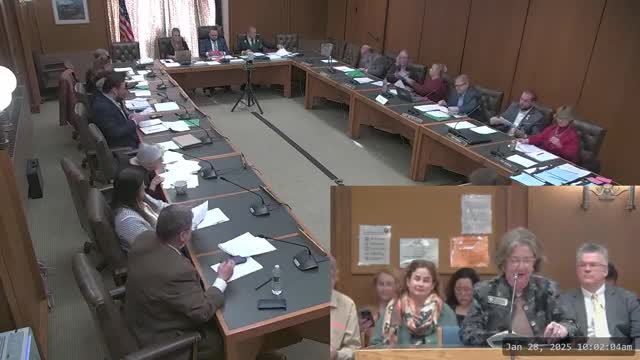Article not found
This article is no longer available. But don't worry—we've gathered other articles that discuss the same topic.
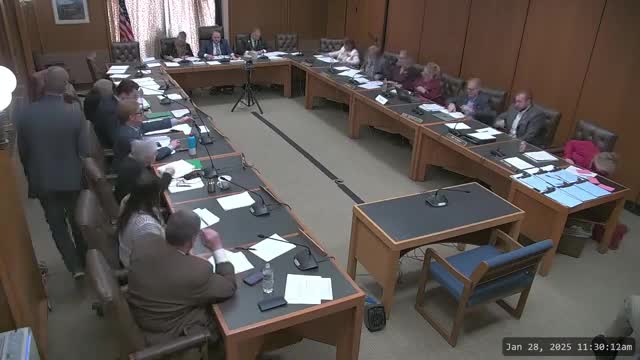
Votes at a glance: committee actions on several housing bills
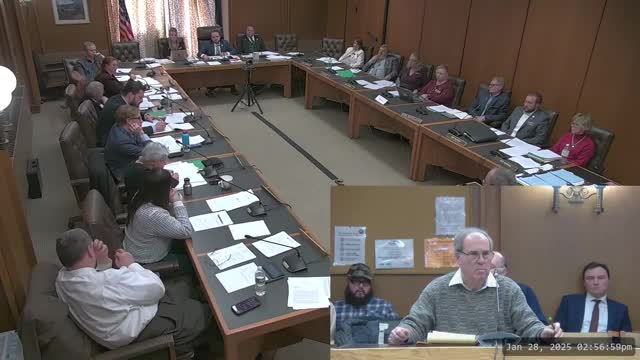
Sponsor seeks to limit institutional purchases of single‑family homes; opponents cite constitutional and market concerns
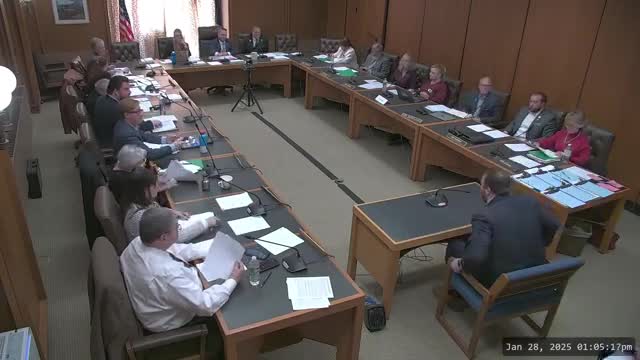
Disallowing voucher discrimination gains disability advocates’ support; realtors and landlords warn of administrative burdens
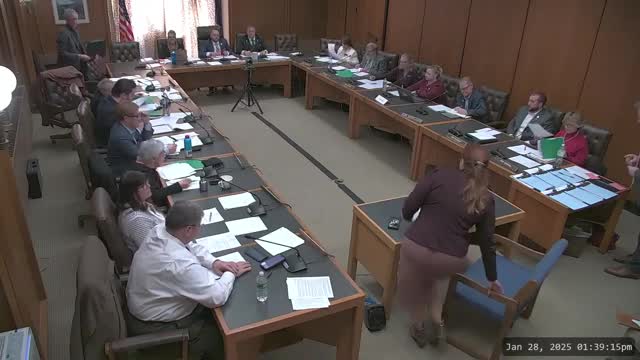
Registry proposal draws sharp opposition from registrars, realtors and landlords; sponsor says data needed to study rent trends
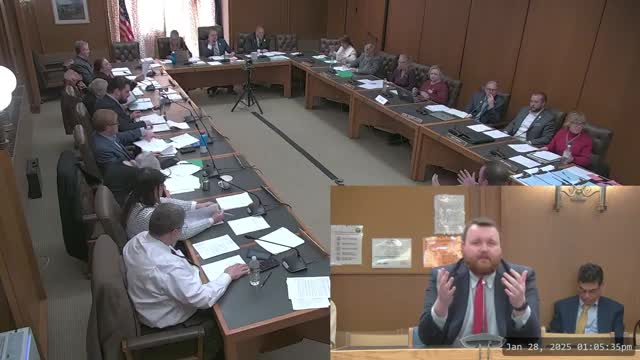
Bill to remove local minimum parking requirements draws sharp split: businesses and development groups for it, municipal association opposed
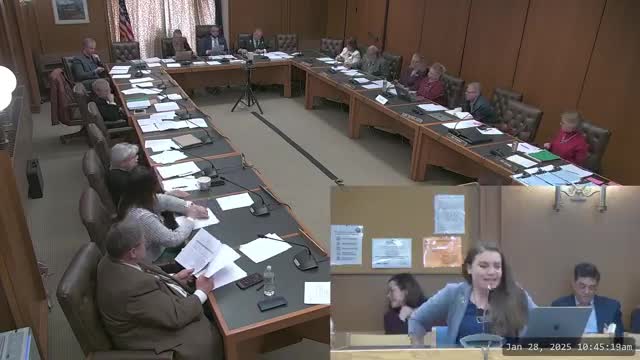
Panel broadly supports ADU incentives; sponsors seek forgivable loans and technical assistance in HB 604
